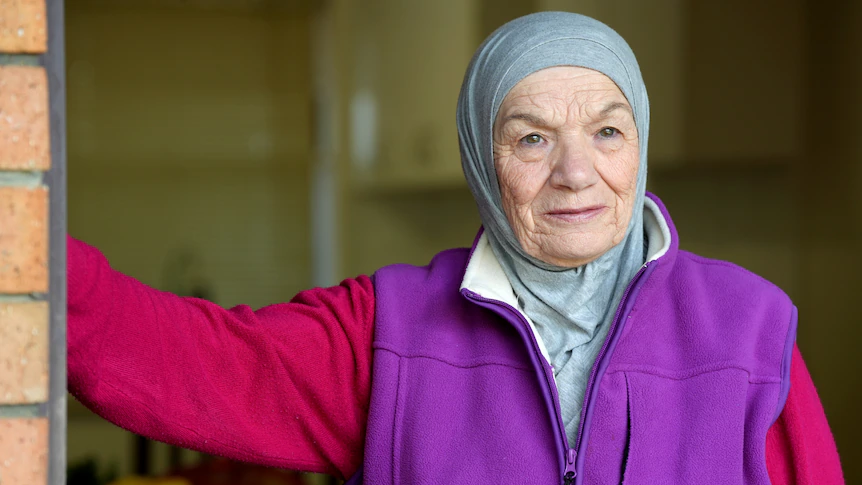Copyright abc

It took years for 72-year-old Sena Husic to undergo crucial spinal surgery to fix a debilitating pinched nerve in her back. "It would cause my legs to go numb, making it difficult to walk and I would fall often as a result," she said. The grandmother would have sought help sooner if the medical system had been easier for her to navigate. She moved to Canberra 30 years ago as a refugee fleeing the Bosnian War. Despite years of trying, her English is extremely limited. "We came here from a war zone — we were stressed and traumatised," she told the ABC through a translator. Ms Husic is reliant on family members or translators for medical appointments — a system that can often lead to confusion and mix-ups. Medical terms can be difficult to translate, and often interpreters attend over the phone. "When we first got here, an interpreter would come to the doctor's appointment in person — that was much nicer," Ms Husic said. "Now they do it over the phone, which is hard for me. Call to boost translators While Ms Husic has praised the doctors who treated her, Australia's Race Discrimination Commissioner has warned the health system is prone to failing multicultural patients. A recent Australian Human Rights Commission report found racism, both systemic and interpersonal, is costing lives. "If someone doesn't go to get medical help when they're suffering potentially a serious illness because they don't feel safe, or they don't think they're going to be understood, that could lead to death," Commissioner Giridharan Sivaraman said. Almost a quarter of Australians speak a language other than English at home. The latest census data shows 3.4 per cent of the population did not speak English well or did not speak it at all. Mr Sivaraman said Australia's shortage of translators was a persistent and dangerous health issue. "Not having an in-person translator for your language is really detrimental," he said. "You might try and explain your symptoms but not actually be very clear. "You're unlikely to understand the diagnosis or the care treatment that you've been prescribed." Mr Sivaraman is calling for more funding to significantly boost the pool of translators. "We need to pay translators better and make their employment less precarious and more secure," he said. "We need to have it built into our health systems rather than an add-on or an afterthought." 'Distressing' patient experiences As the multicultural liaison officer at the Health Care Consumers' Association in Canberra, Ivapene Seiuli is familiar with the struggles faced by patients from diverse cultural backgrounds. Aside from communication challenges, she said waiting times for primary and specialist care, up-front costs and the confusing fragmentation of health services were key concerns. "I find every time I go out to community, there is a new service that community haven't heard of or didn't know it existed and how they can access it," Ms Seiuli said. "Finding information in a language that you can understand or information in a way that you can access … has also been challenging." Ms Seiuli has also heard complaints from patients that medical professionals do not spend the time to understand their background and cultural requirements, such as requests for a male or female doctor. "The system … is already at the breaking point," she said. Sena Husic is recovering well from her spinal surgery and is grateful her lack of English did not prevent her from accessing life-changing care. "Everyone was so kind and attentive — they did such a good job," she said. "I actually couldn't believe it could be like this."



